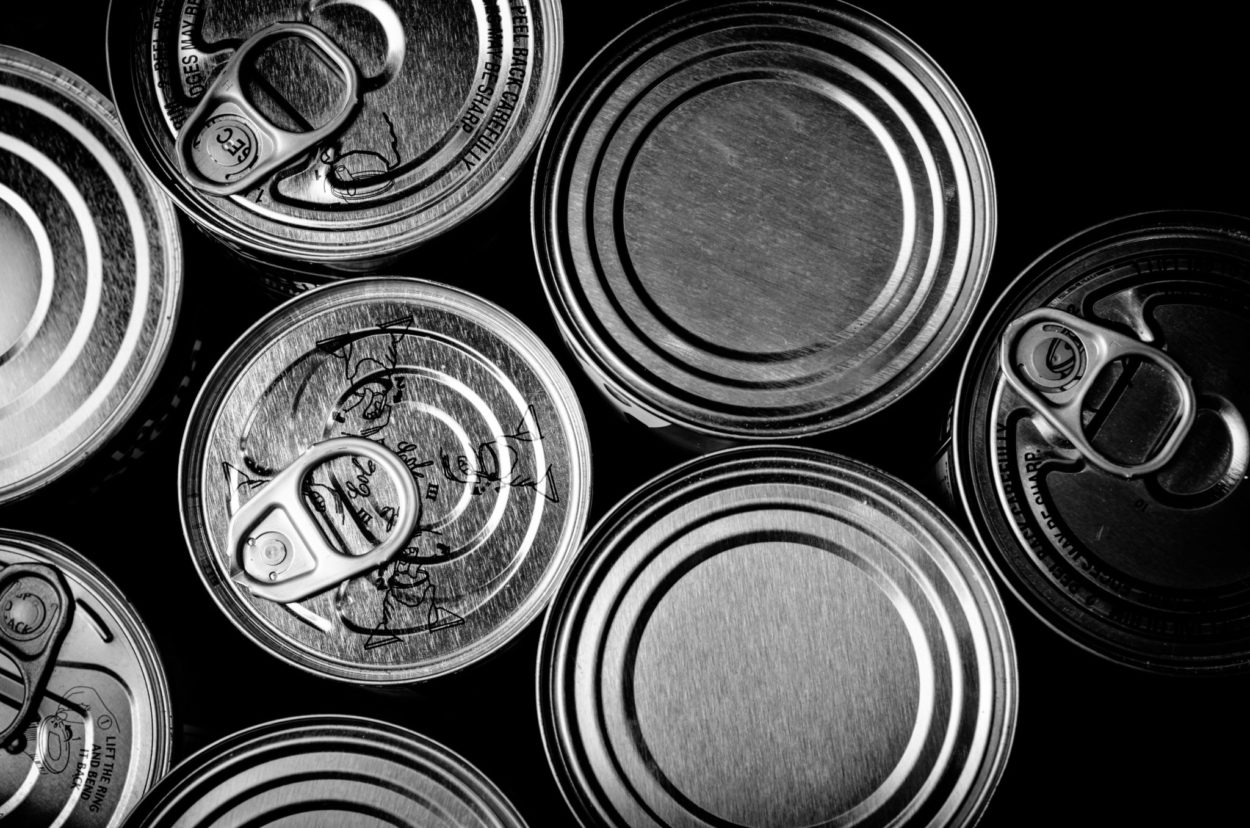With restaurants closing en masse due to coronavirus, each day highlights the importance of equitable and sustainable food systems.
We’ve learned through this experience how a monumental event can expose the faults in a supply chain. Given how local governments around the United States are bracing for possible food shortages, food equity has never been more important. Companies now more than ever need to donate their food to the nonprofits tasked with ensuring disadvantaged individuals remain healthy and fed.
Although soup kitchens and food banks remain indispensable services, there have been obstacles to ensuring these organizations receive the proper resources. Food equity was a global issue well before coronavirus hit and has the potential to exacerbate under its current outbreak. The U.S. Department of Agriculture estimates that the United States wastes roughly 30 percent of its food supply each year. This number was too high to begin with, and under the current situation, it now poses an even greater risk to low-income households.

It’s important to understand that “food waste” is not eggshells and rotten lettuce. It’s produce yet to hit expiration, seasonal meats and bruised fruits and vegetables. Americans currently throw away nearly $160 million worth of such food each year, an unacceptably high amount.
The biggest problem lies with corporate practices in the food industry. Many of the most prominent food companies and institutions encourage waste, even though they have a food surplus. According to a 2017 report from Trillium Asset Management and the Natural Resources Defense Council (NRDC), the economic cost of discarded food is estimated at $218 billion each year in the U.S., and the nonprofit ReFED estimates $1.9 billion in annual business profit potential if food waste solutions are implemented.
“An oft-cited myth is that food waste is an inherent cost of doing business, but this is not necessarily so,” Allan Pearce and JoAnne Berkenkamp write in the Trillium/NRDC report. “In fact, a recent review of 1,200 business sites across a range of sectors found that 99 percent of sites earned a positive return on their investments to reduce food loss and waste. Notably, the median return from food waste reduction efforts was found to be $14 for every $1 invested.”

Corporations now have an even greater imperative to realize that donating food does not open them up to lawsuits, especially due to the Bill Emerson Good Samaritan Food Donation Act—a policy which protects companies looking to redistribute their excess.
Just as food companies need to be mindful of what they’re throwing away, nonprofit organizations, soup kitchens and food companies need to ensure they are taking proper precautions regarding the safety of their food; this means quarantining preparation facilities, making sure food is transported in sanitary conditions and keeping employees tasked with handling food healthy. Most importantly, food companies need to honor employee sick days and requests off.
With proper coordination and consensus, we can get through this, but what’s most important is that we are going to have to work together.
If you are a food operator or have excess food you are looking to donate, please contact your local soup kitchen or Rethink Food.
Matt Jozwiak is the founder and executive director of Rethink Food NYC—a nonprofit which feeds roughly 2,000 New Yorkers per day through creating meals with food excess. Rethink is currently accepting food donations and offering $40,000 grants to NYC-based restaurants to use their facilities for food preparation.






